In the context of modern urban development, municipal guardrail fencing plays a pivotal role in ensuring public safety, managing traffic flow, and enhancing the overall aesthetic appeal of public spaces. This versatile infrastructure not only serves as a physical barrier to prevent unauthorized access or collisions but also contributes to the overall design aesthetics of streets, parks, and other public areas. This article delves into the significance, types, materials, and benefits of municipal guardrail fencing, providing a comprehensive introduction for both urban planners and the general public.
The Significance of Municipal Guardrail Fencing
Municipal guardrail fencing is a crucial element in ensuring the safety and security of pedestrians, cyclists, and motorists alike. It acts as a physical barrier that prevents vehicles from straying onto sidewalks, bike lanes, or into restricted areas, thereby reducing the risk of accidents and injuries. Additionally, it helps maintain orderly traffic flow, directing vehicles towards designated routes, and ensuring the smooth operation of intersections and crosswalks. Moreover, in public spaces such as parks or event venues, guardrail fencing creates a defined perimeter, enhancing the sense of security for both visitors and residents.
Types of Municipal Guardrail Fencing
Municipal guardrail fencing can be categorized based on their design, material, and intended use. Some of the most common types include:
1、W-Beam Guardrail: Composed of steel beams arranged in a 'W' shape, this type is highly durable and effective in preventing vehicle penetration. It is commonly used on highways and major roads due to its strength and cost-effectiveness.
2、Panel Fencing: Made from a variety of materials including aluminum, steel, or plastic-coated steel, panel fencing offers a more aesthetically pleasing appearance while still providing adequate safety. It is often employed in parks, residential areas, and along city streets to complement the surrounding architecture.
3、Temporary Fencing: Made for short-term use during construction sites or events, temporary fencing is lightweight and easy to install. It is typically made of plastic or metal components and can be customized to match the aesthetic requirements of a specific location.
4、Decorative Fencing: As the name suggests, decorative fencing serves a dual purpose – providing safety while enhancing the visual appeal of a space. Made from materials like wrought iron or aluminum with intricate designs, it is often found in historic districts or as part of landscaping projects.
Materials Used in Municipal Guardrail Fencing
The choice of material for municipal guardrail fencing depends on factors such as durability, maintenance requirements, cost-effectiveness, and aesthetic appeal:
Steel: Known for its strength and resistance to corrosion, steel is a popular choice for heavy-duty applications like W-beam guardrails. However, it requires regular maintenance to prevent rusting.
Aluminum: Lightweight yet durable, aluminum fencing is ideal for areas that require frequent relocation or where corrosion resistance is crucial. Its low maintenance needs make it a popular choice for panel fencing in parks and residential areas.
Composite Materials: A blend of plastic and recycled materials, composite fencing offers a cost-effective solution with minimal maintenance requirements. It is often used for temporary fencing due to its ease of installation and removal.
Wrought Iron: Offering both strength and aesthetic value, wrought iron is commonly used for decorative fencing in historic districts or high-end residential complexes. Its durability makes it a long-lasting investment but requires regular maintenance to prevent rusting.
Benefits of Municipal Guardrail Fencing
1、Enhanced Safety: By preventing unauthorized access and vehicle intrusions into pedestrian areas, guardrail fencing significantly reduces the risk of accidents and injuries.
2、Traffic Management: It helps maintain orderly traffic flow by directing vehicles towards designated routes, improving the efficiency of urban transportation systems.
3、_Aesthetic Appeal_: Well-designed guardrail fencing can complement the architectural style of a city or neighborhood, enhancing the overall aesthetic appeal of public spaces.
4、_Security_: In public spaces like parks or event venues, guardrail fencing creates a defined perimeter that enhances security by deterring trespassing and unauthorized entry.
5、_Cost-Effectiveness_: While initial investment may be significant for heavy-duty applications like W-beam guardrails, long-term durability and low maintenance requirements make it a cost-effective solution over time.


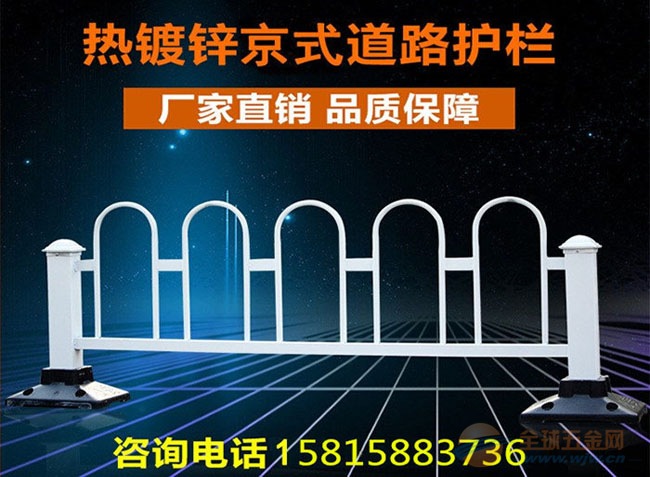


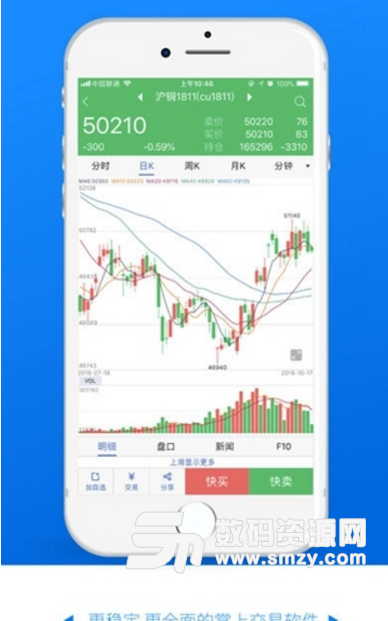


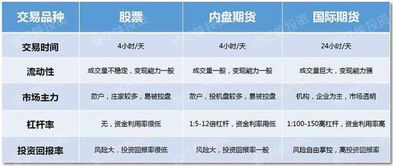

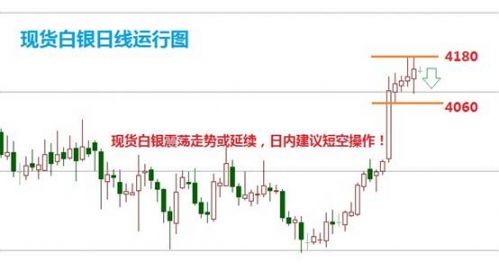
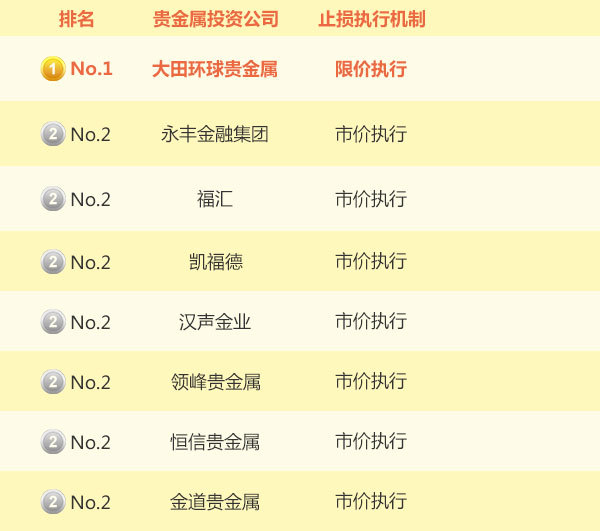
 京公网安备11000000000001号
京公网安备11000000000001号 冀ICP备15021549号-7
冀ICP备15021549号-7
还没有评论,来说两句吧...